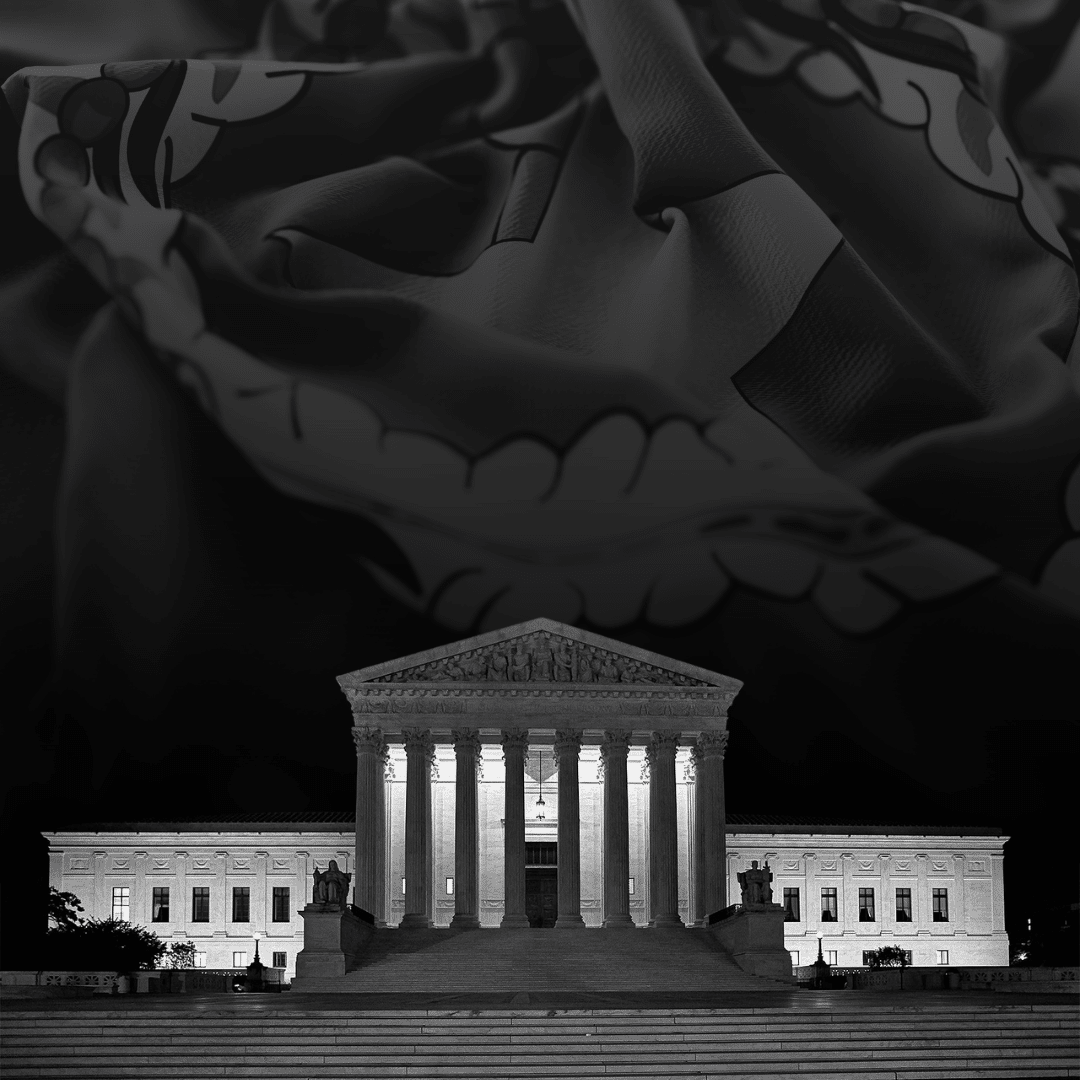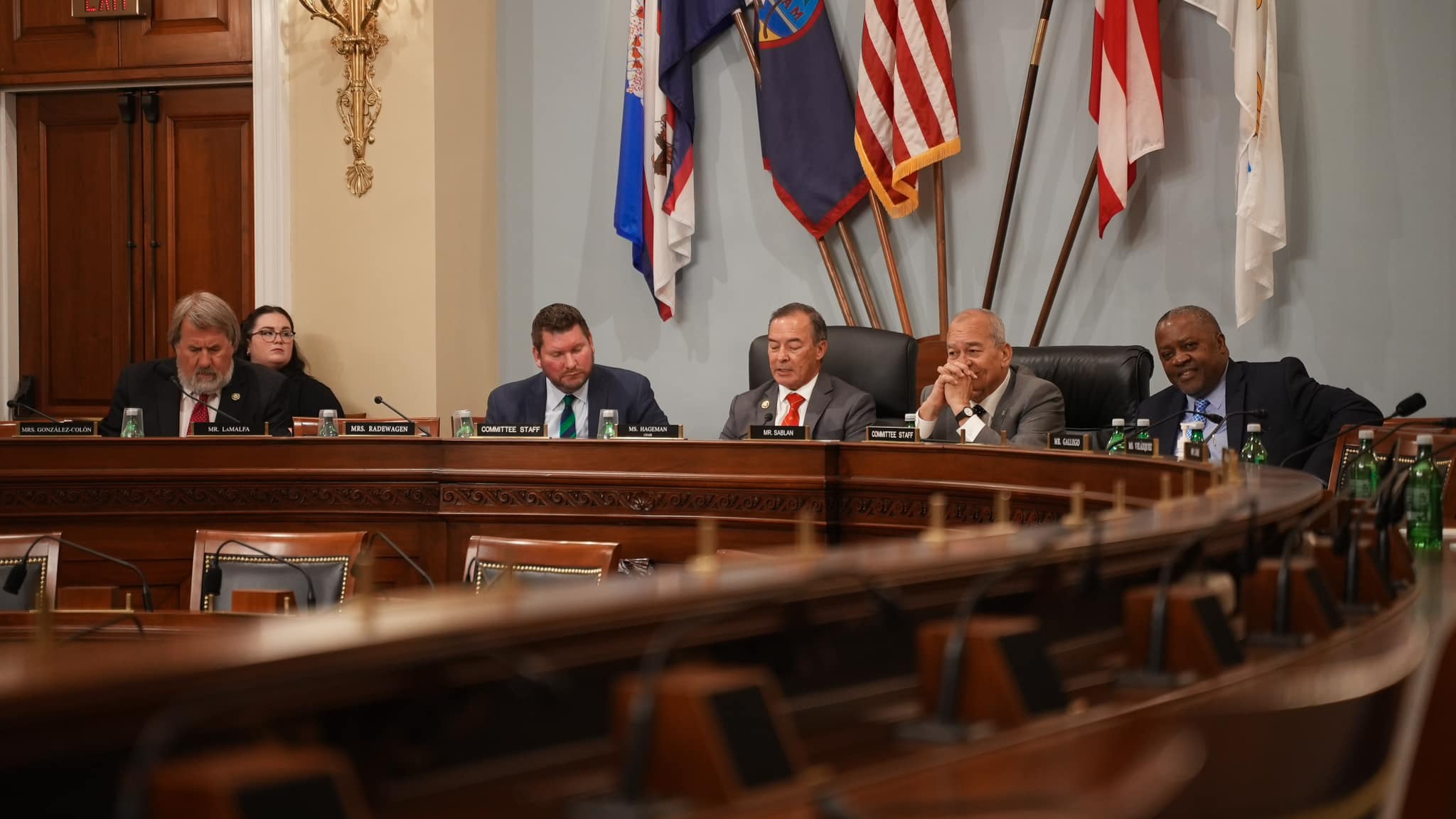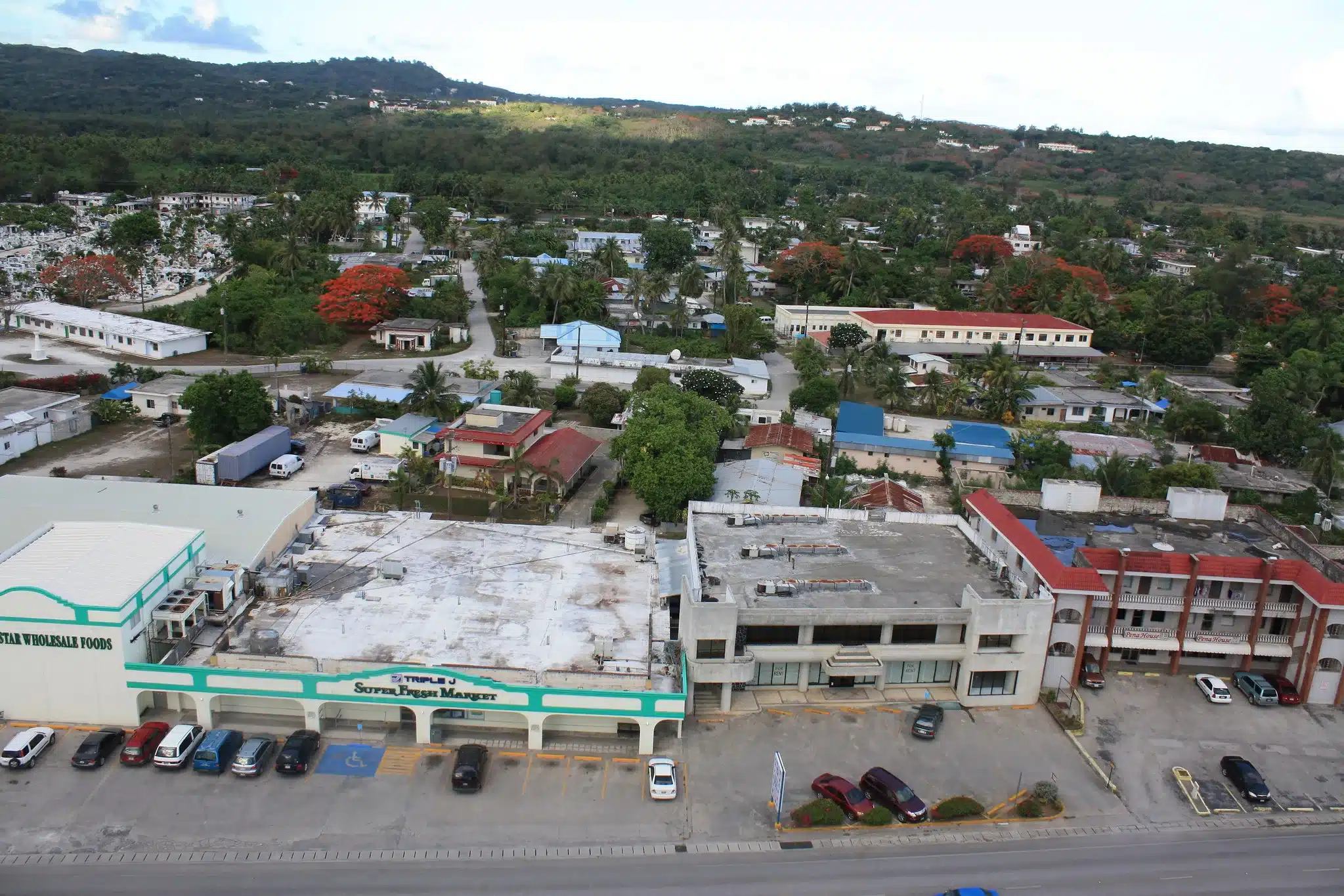Last week the United States House Committee on Natural Resources held a markup on HR 8393, the Puerto Rico Status Act. The bill would provide for a plebiscite vote on November 5, 2023. The vote would enable Puerto Ricans to choose from three status options including independence, sovereignty in free association, and statehood. The bill notably excludes the current territorial status option, a feature Republicans on the committee and the Puerto Rico Popular Democratic Party attacked.
During the committee meeting, Representative Nydia Velazquez (D) of New York, who alongside Representative Steny Hoyer (D) of Maryland and Puerto Rico Resident Commissioner Jennifer Gonzalez-Colon announced the binding plebiscite bill in May, voiced sharp opposition to keeping the current territorial status as an option. Velazquez explained her past view that the commonwealth status should remain a viable option for Puerto Ricans. She noted that her opinion changed because of recent Supreme Court cases regarding Puerto Rico, including the notable Sanchez Valle decision. Velazquez stated that she believes the decision, which labeled Puerto Rico and the United States as the same sovereign entity, highlights Washington’s concerning power and authority over the people of Puerto Rico and limits the freedom of Puerto Ricans from the grasp of politics in the Capitol.
Losing Velazquez’ support in the Capitol means trouble for the PDP in Puerto Rico. The party has been losing support from citizens as well as its own members over its loyalty to the longstanding territorial status. Even in this situation, however, the PDP still sticks to its debunked theory that Puerto Rico is in a bilateral compact with the United States which cannot be altered without mutual consent; this despite all three branches of the federal government—involving officials of both major parties—clearly making statements and acting in contradiction of this theory. The Sanchez Valle decision, enactment of PROMESA, and reports from the White House all have clearly stated that Puerto Rico has a territorial status (sometimes referred to as a ‘commonwealth’ status despite the term’s lack of any legal meaning) which is entirely subject to Congress.
In November of 2020, Puerto Rico held a referendum vote in which 53% of voters favored statehood status. However, some discredit the vote because of relatively low participation (turnout for the plebiscite was 54.72%) from registered voters and a lack of approval from the US Department of Justice at the time, criticism that has helped propel the need for another vote. Should HR 8393 make it into law, Representative Velazquez’ change in position might then prove to be a determining factor in ending the territorial status of Puerto Rico.
Governor Pedro Pierluisi’s (NPP, D) current administration favors statehood as the optimal path for eradicating colonialism. Now that the current colonial condition has reached all-time unpopularity, the debate lies primarily in how Puerto Rico will move forward and how its citizens will be able to express their viewpoints on the issue on the ballots. The end of the territory’s colonial status might be near, and in no small part, there will be Nydia Velazquez to thank—or in the PDP’s eyes, to blame.












0 Comments